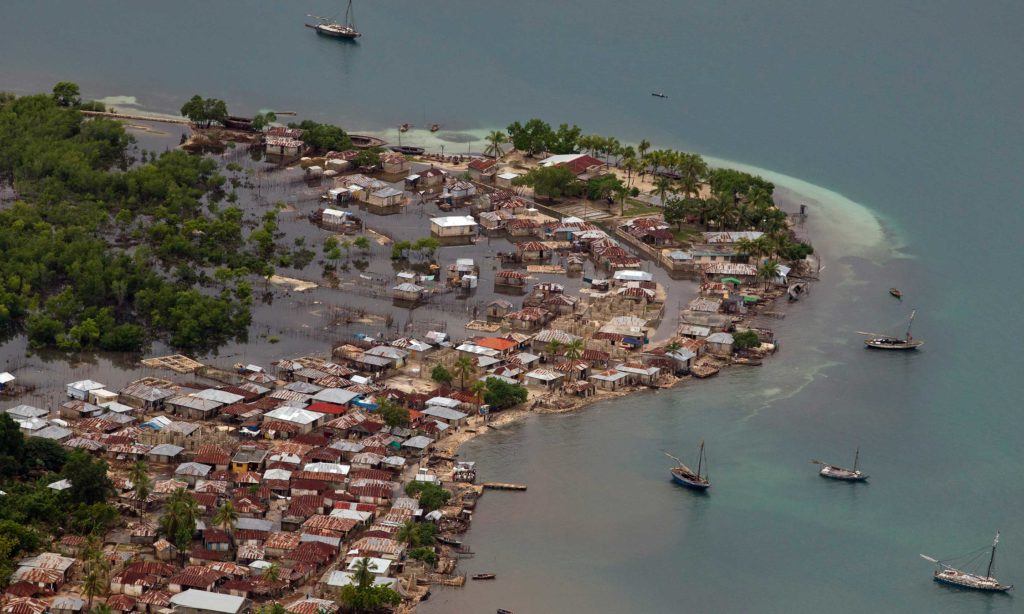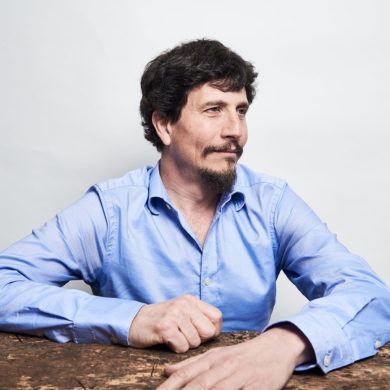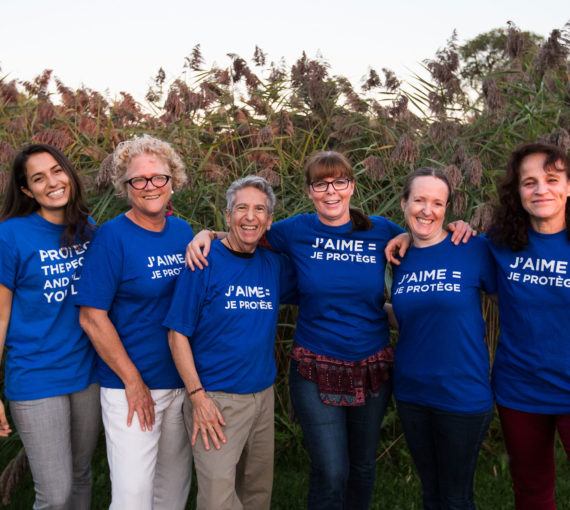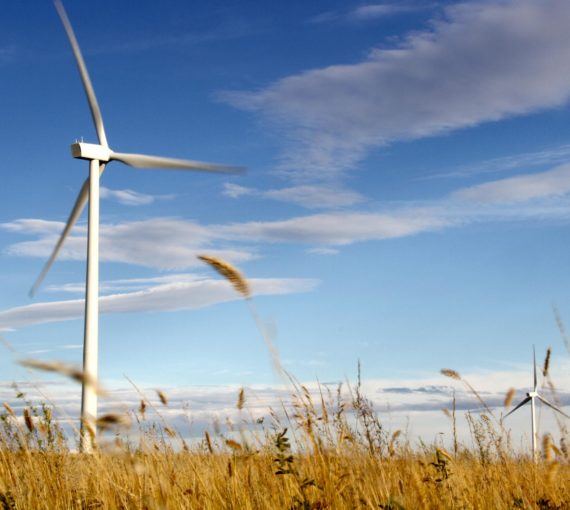This foreboding message has ushered us into the age of consequences. After almost 40 years of ignoring the warning signs, we must make 2018 a year of decisive environmental decisions.
In the 20 years I spent with Doctors Without Borders, I witnessed first-hand the devastating impact climate change and related crises have had on our planet. Natural disasters, droughts, famine and waves of climate refugees hit the poorest countries hardest. They can destabilize entire regions and lead to armed conflict.
I chose to join the David Suzuki Foundation because even though we need to provide immediate medical and humanitarian assistance to populations dealing with crises worsened by climate change, we must also take urgent action to limit the scale and scope of future damage and the unfair and unbearable human suffering to come.
Efforts on both the humanitarian and environmental fronts are now inextricably linked by the climate crisis, and we owe it to the world’s poor and to future generations to find solutions.
We have entered the age of accountability, where every economic and political decision will change the course of the world as we know it. With the parity of renewable energy at hand, there is no longer any reason to support oil, gas and oilsands expansion.
Provincial and federal governments in Canada cannot support fossil fuel extraction while claiming to simultaneously fight climate change in earnest. This bewildering dissonance has bred inaction and cynicism, wasting valuable time we should be spending on a system-wide transition to renewable energy.
We must also stop expecting that changes will happen smoothly and that technology alone holds the answer to our problems. We will soon have to deal with climate shocks and environmental constraints that will not only limit future economic growth, but also directly affect our quality of life.
We must rethink our economic model of exponential growth, planned obsolescence, overconsumption and waste. Far better to proactively design and engineer a circular, renewable and more just economy, than to stand by helplessly awaiting whatever reality brings.
Some institutions and jurisdictions are proving just how possible it is to alter our mindsets, no matter how deeply they are entrenched. Just weeks ago, New York City made a powerful statement that the transition to clean energy is not only the right thing to do; it’s inevitable. “We’re bringing the fight against climate change straight to the fossil fuel companies that knew about its effects and intentionally misled the public to protect their profits,” Mayor Bill de Blasio said.




